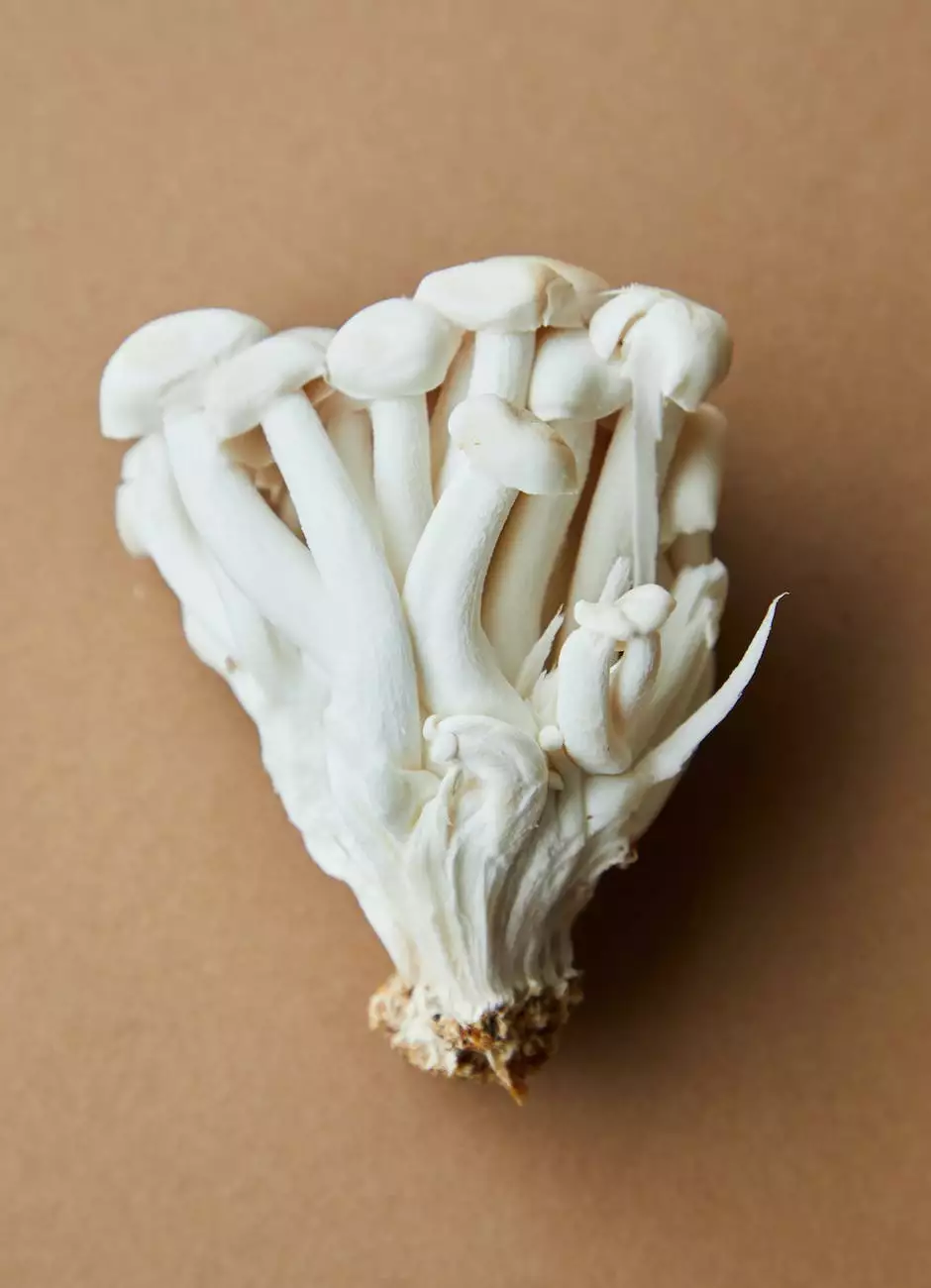Juvenile Delinquency Research Paper - Studybay

Introduction
Explore the complex issue of juvenile delinquency in this comprehensive research paper presented by The Knowledge Nest, a trusted resource for community and society related topics.
Understanding Juvenile Delinquency
Juvenile delinquency refers to the participation of minors in illegal behaviors or activities that are considered socially unacceptable. This research paper delves into the various factors contributing to juvenile delinquency and offers insights into the causes, consequences, and preventive measures associated with this issue.
Factors Contributing to Juvenile Delinquency
1. Family Environment
The family environment plays a crucial role in shaping a child's behavior. Research has shown that children who grow up in dysfunctional families with a lack of parental supervision or support are more likely to engage in delinquent behaviors.
2. Peer Influence
Peers play a significant role in a child's life, and their influence can sometimes lead to delinquent behaviors. The desire to fit in or seek acceptance from a certain group can push adolescents into engaging in risky activities or illegal actions.
3. Socioeconomic Status
Studies have found a correlation between low socioeconomic status and increased rates of juvenile delinquency. Limited access to resources, quality education, and exposure to crime-ridden neighborhoods can impact a child's behavioral choices.
Causes of Juvenile Delinquency
1. Lack of Moral Guidance
A lack of proper moral guidance can contribute to the development of delinquent behaviors in juveniles. While personal responsibility ultimately falls on the individual, the absence of strong role models or guidance from parents, teachers, or mentors can leave them susceptible to engaging in unlawful activities.
2. Substance Abuse
Substance abuse plays a significant role in juvenile delinquency. The misuse of drugs and alcohol can impair judgment, increase aggression, and lead individuals to commit crimes they might not have otherwise committed.
3. Mental Health Issues
Undiagnosed or untreated mental health disorders can contribute to juvenile delinquency as well. Some individuals may turn to criminal activities as a way to cope with their emotional or psychological challenges.
Consequences and Impact
1. Legal Penalties
Juvenile delinquents face various legal consequences that aim to hold them accountable for their actions. These penalties can range from community service and probation to court-ordered therapy and, in some cases, time in a juvenile detention facility.
2. Long-term Effects
Engaging in delinquent behaviors as a juvenile can have long-lasting effects on an individual's future. It can limit educational and employment opportunities, hinder personal relationships, and perpetuate a cycle of criminal behavior.
3. Rehabilitation and Prevention
Efforts to rehabilitate and prevent juvenile delinquency are crucial for breaking the cycle. Rehabilitation programs, counseling, and community-based interventions aim to address underlying issues and provide support for at-risk youth, offering them a chance to rebuild their lives.
Conclusion
Juvenile delinquency is a complex issue that requires a multi-faceted approach. By understanding the contributing factors, causes, and consequences, we can work towards preventing juvenile delinquency and creating healthier, safer communities for future generations.
Explore More at The Knowledge Nest
Visit The Knowledge Nest, your go-to source for comprehensive information on a wide range of community and society topics. Discover in-depth articles, research papers, and valuable resources that empower individuals and communities to make informed decisions.










